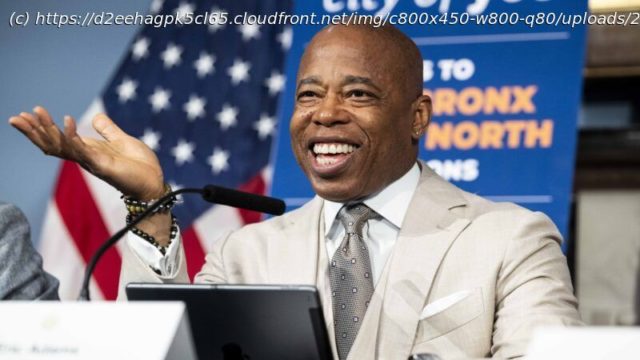Eric Adams‘ indictment on federal corruption charges couldn’t have come at the worst time for his signature zoning reforms.
Yesterday was a momentous day in the politics of New York City.
That afternoon, the City Planning Commission voted 10-3 to approve a suite of zoning reforms championed by Mayor Eric Adams to eliminate parking requirements, allow accessory dwelling units (ADUs) in residential areas, and permit larger residential projects on commercial lots and near transit stops.
The Mayor’s City of Yes for Housing Opportunity package, as it’s called, now goes to the New York City Council, which now has 50 days to review, amend, and vote on the reforms.
That’s some tricky timing given yesterday’s other big news coming out of New York City.
A few hours after the planning commission’s vote, Adams was indicted on federal corruption charges for allegedly accepting free travel, luxury accommodations, and illegal campaign contributions from Turkish business people and government officials.
So, in short, the city council will be considering Adams‘ signature land use reform at the same time that the mayor will be facing federal corruption charges and mounting calls for him to resign.
Even before the mayor’s indictment, City of Yes faced an uncertain future at the city council, says Alex Armlovich, a senior housing policy analyst at the Niskanen Center.
„This is the first time that [city councilmembers] are going to be engaging with a citywide upzoning with different characteristics than any other small area upzoning“, says Armlovich.
That offers the opportunity to change some minds of councilmembers who are typically hostile to individual development proposals, says Armlovich. It also opens up the risk that council members will try to water down the City of Yes reforms, especially around parking and ADUs.
The mayor has a significant role to play in the process, both politically and procedurally.
On the political side of things, Armlovich notes that Adams‘ base of supporters is concentrated in the areas of the city that have been most opposed to his own housing reforms.
Start
United States
USA — Political Could Eric Adams' Corruption Charges Sink His Signature Zoning Reform?






